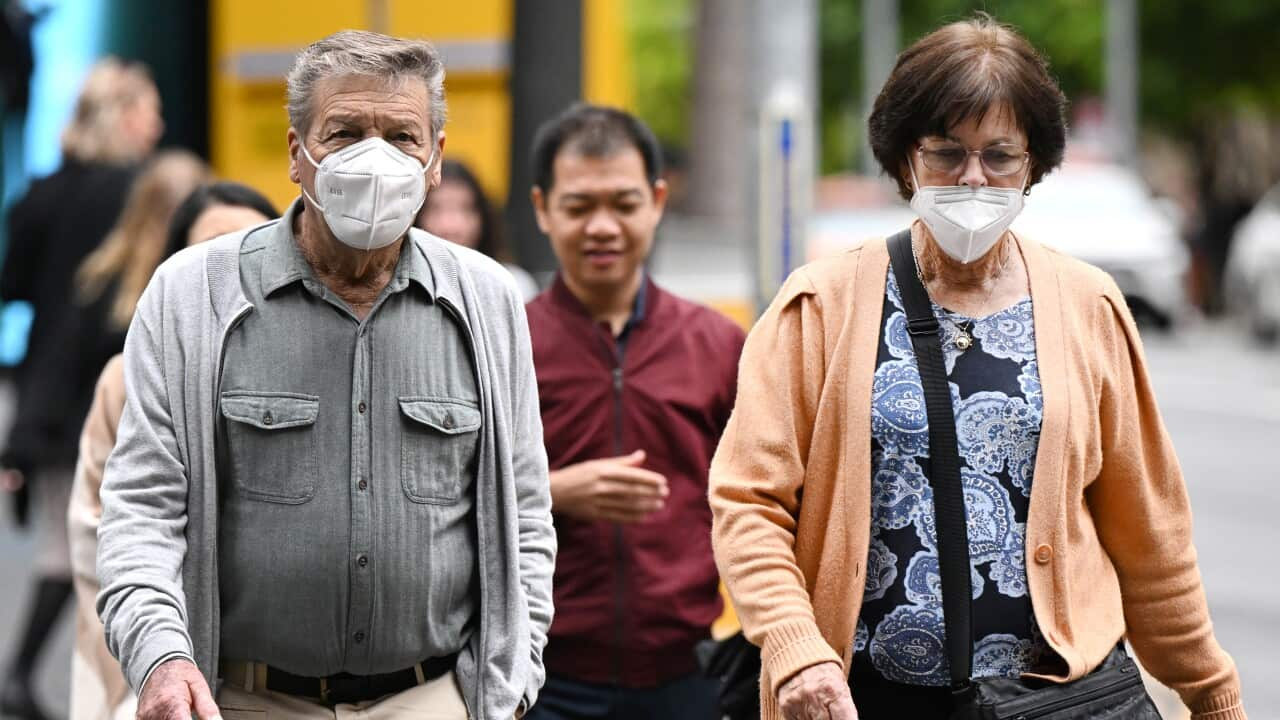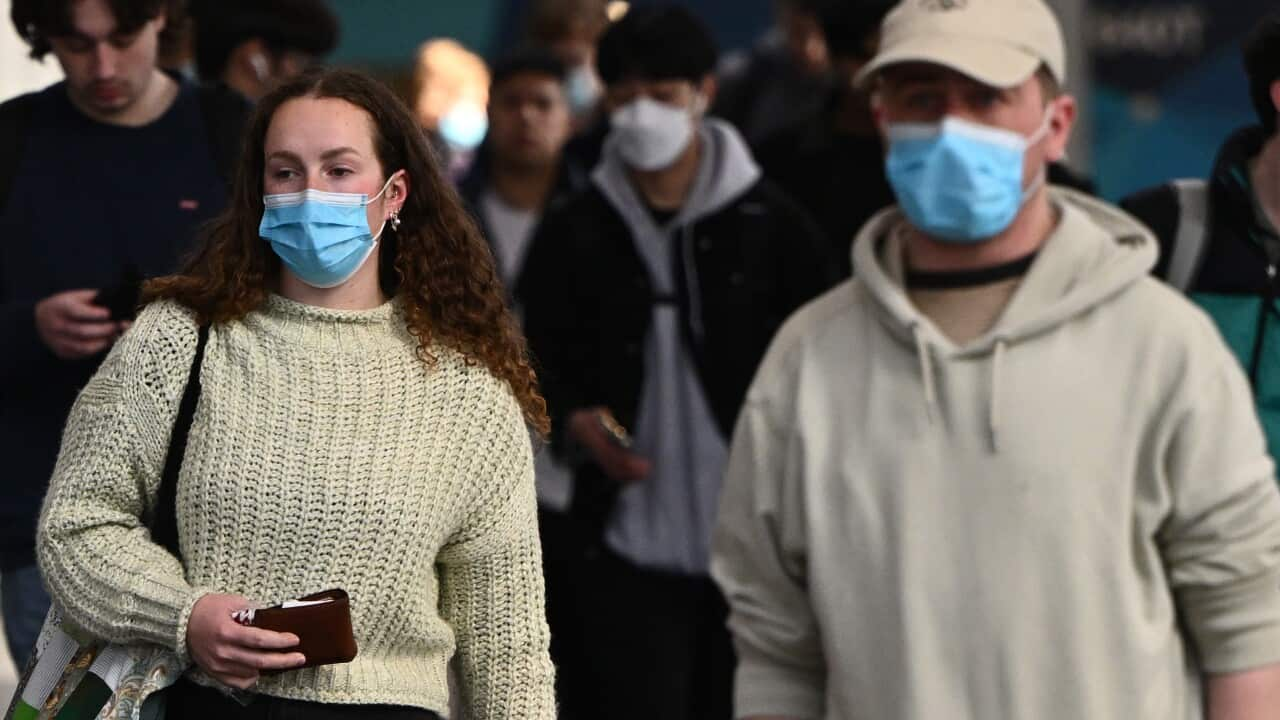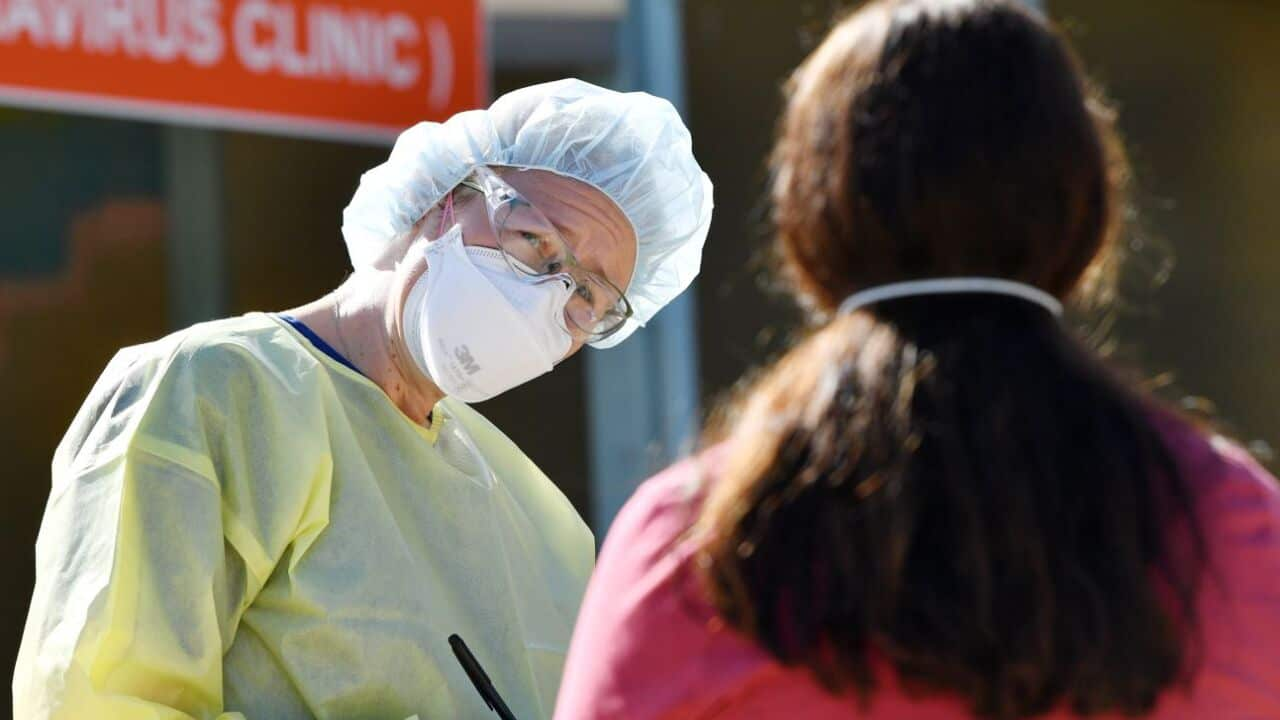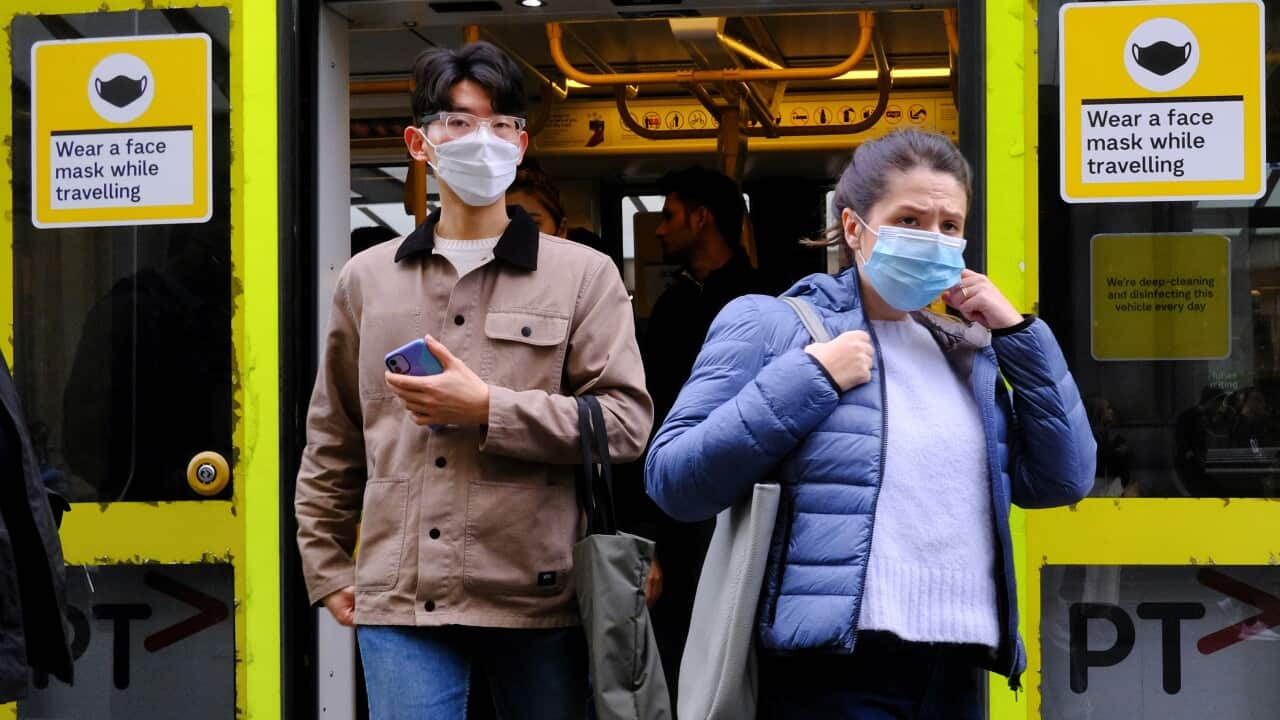Key Points
- The head of the Health Services Union is calling for self-isolation requirements to be scrapped.
- Experts say while some changes the restrictions could be made, it's too early to get rid of them entirely.
Ahead of Wednesday's National Cabinet meeting, there's been a lot of talk about for people infected with COVID-19.
NSW Premier Dominic Perrottet is pushing for Australia's .
Health Services Union secretary Gerard Hayes says while he believes that proposal is a "step in the right direction", he wants mandatory isolation to be scrapped altogether.
He's expressed concerned about the number of healthcare workers being furloughed when they don't have any symptoms and argued people will stop testing and isolating when they're unwell if the current measures remain in place.
So, what do the experts think?
Should Australia scrap mandatory isolation?
Professor Adrian Esterman, chair of biostatistics and epidemiology at the University of South Australia, said removing mandatory isolation requirements altogether would be "sheer madness" given the current COVID-19 situation.
"Unfortunately, we've still got thousands of cases a day, and some 12 per cent of them are ending up with long-term health problems," he told SBS News.
"So I think we can be more relaxed about things like isolation, but we can't reduce it altogether; we're not at that stage yet."
Infectious disease physician and clinical microbiologist Associate Professor Paul Griffin agreed, saying it could "send the wrong message" that the pandemic is over.
"We've just been past a really big wave, we don't have our booster rates where they need to be, and so we have a lot more work to do, I think, before we look to abolishing those," he said.
Scrapping mandatory isolation could also lead to more people going to work while they're still infectious, said Professor Nancy Baxter, head of the Melbourne School of Population and Global Health at the University of Melbourne.
"We're just going to be way sicker than we need to be with way more people having long COVID, more people needing to get hospitalised, and more people dying of COVID than has to be the case," she said.
What's the situation like in places without mandatory isolation?
England's meaning COVID-positive people no longer have to notify anyone if they're infectious.
The guidelines advise people with the virus to "try to stay at home and avoid contact with other people for five days". They're also recommended to avoid meeting those more vulnerable to adverse outcomes from COVID for 10 days.
While the country's official case numbers appear to show it's doing much better than Australia, Professor Esterman said they should be taken "with a pinch of salt".
"If you talk to people in the UK, things are absolutely disastrous over there," he said.
"COVID is everywhere, you can't get an appointment with a GP, so what's happening in real life is totally different to what you're seeing in the actual published numbers."
Should the mandatory isolation period in Australia be shortened?
Associate Professor Griffin said he thinks it would "make sense" to reduce the mandatory isolation period in Australia to five days.
But he said it's crucial rules like wearing a mask and avoiding high-risk settings for seven days after leaving isolation are consistent across Australia to avoid confusion.
"The commentary around that would have to be really strong in terms of making sure people understand that a significant proportion of people will still be infectious at the conclusion of that five days' isolation, and so what they do for the next week or so thereafter, will be vitally important," he said.
"Hopefully if we do compromise, we'll get more engagement with some of those measures so that we can still keep a lid on transmission in the community."
Professor Baxter said she doesn't think it's worth the risk.
"It's going to make only small differences in terms of the number of people you get back [to work], but it's going to send a very strong message to people that all you need to do to ensure your safety and the safety of others around you is stay home for five days, and it's not true," she said.
"We've seen restrictions and protections never come back, once they're gone, so having this change means when the next wave happens, it's going to accelerate faster and the peak is going to be higher because we're allowing more transmission to happen."
Professor Esterman said he believes a "sensible approach" would be to adopt the European Union's system of testing to release.
"What that means is that as soon as you're feeling better, you do a rapid antigen test," he said.
"If it's negative, you do one 24 hours later, and if that's [also] negative, you're free to leave isolation."
When is mandatory isolation likely to end in Australia?
With the development and production of improved COVID-19 vaccines and other treatments still a fair way off, Professor Esterman said he'd expect Australia to be at least 12 to 24 months away from being able to safely remove mandatory self-isolation.
Associate Professor Griffin predicted a similar time frame.
"We do need to make sure that we get the timing right there, and that when we do that, once again, that we have good communication around that that just because our response is being updated to one that's sensible at the time, it doesn't mean the pandemic's necessarily over," Associate Professor Griffin said.
"We'll still need people to do basic things to protect themselves and people around them, and the most important one moving forward will still be being up-to-date with their vaccines."












